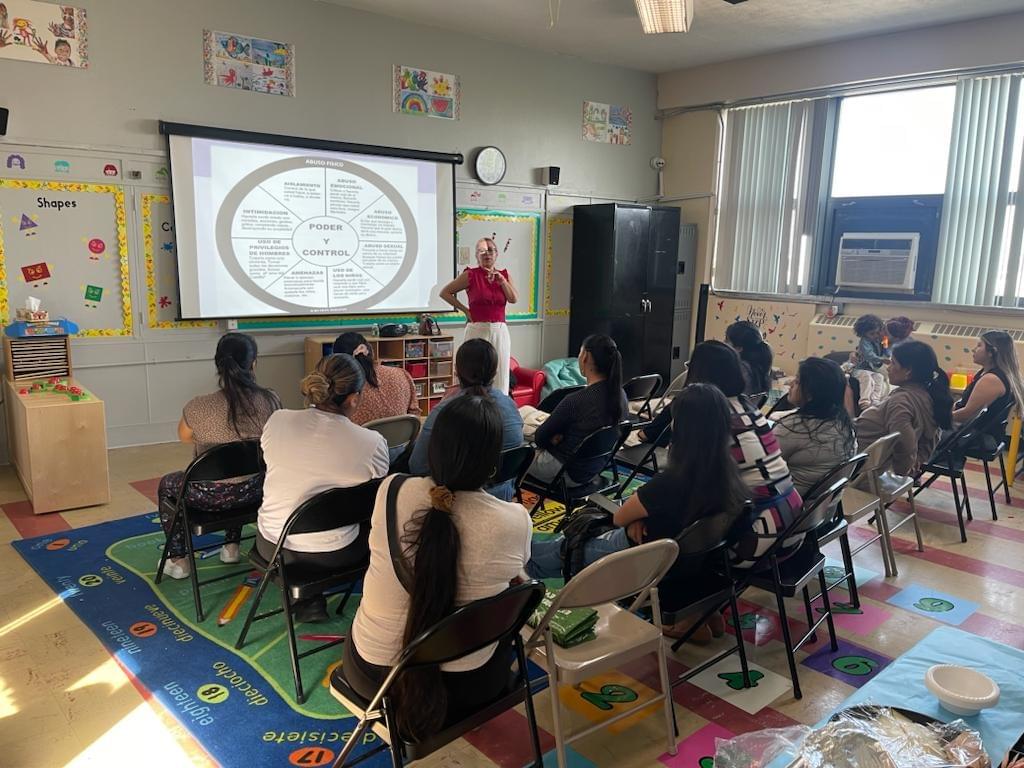As a social worker and psychotherapist, I work closely with families in various settings, including a mental health clinic, schools, and a nonprofit community center dedicated to educating and strengthening family relationships. My work has given me direct insight into the struggles many immigrant families face, particularly those living in fear due to their immigration status.
I firmly believe that to live in any country, individuals must adjust to the rules of that country and follow its laws. However, I have also witnessed the distressing reality of families who live in constant anxiety and fear of deportation or legal repercussions. This fear has a profound impact on families, often leading them to withdraw from essential services, avoid public places, and even keep their children from attending school. The long-term psychological effects of such fear, especially on children, cannot be ignored.
Children growing up in an environment of uncertainty and fear are at a heightened risk of experiencing stress-related disorders, anxiety, depression, and even generational trauma. When parents are preoccupied with concerns about deportation or legal status, it can affect their ability to provide emotional stability and a sense of security for their children. As mental health professionals, educators, and community leaders, we must implement strategies to mitigate the psychological impact of these circumstances.
Strategies for Preventing Psychological Trauma in Immigrant Families:
1. Managing Stress and Fear: It is crucial to educate families on coping mechanisms to manage stress effectively. Teaching parents and children mindfulness techniques, relaxation exercises, and emotional regulation strategies can help reduce anxiety and promote mental well-being.
2. Developing a Family Plan: Families should be encouraged to have a clear and practical plan in place in case of emergencies. This includes knowing legal rights, having a trusted contact person, and establishing a safety plan for children. Having a structured plan can provide a sense of control and reduce uncertainty.
3. Encouraging Open Communication: Parents should be encouraged to talk openly with their children about their circumstances in an age-appropriate manner. Providing children with honest but reassuring information can help them process their feelings rather than internalizing fear and stress.
4. Accessing Community Support: Community organizations, schools, and mental health professionals should collaborate to offer support systems for immigrant families. This includes legal aid, counseling services, and community workshops aimed at educating families on available resources.
5. Advocating for Mental Health Awareness: Schools and community centers should incorporate mental health education into their programs to help children understand and express their emotions. Support groups for parents and children can provide safe spaces to share experiences and find emotional support.
No matter the circumstances, it is imperative to prioritize children's mental health and well-being. By taking proactive steps to address fear and stress, families can prevent long-term psychological trauma and foster resilience in their children. As a society, we must acknowledge the emotional burden that immigration status can place on families and work together to create an environment where all children, regardless of their background, feel safe, supported, and valued.
RESOURCE SHARE: https://linktree.com/kyrpoder
___
Written by Marianna López, LCSW-R
CEO, Mental Health Specialist & Certified Nurturing Program Facilitator at Lifeskills Counseling
Founder of Centro Comunitario Hispano



